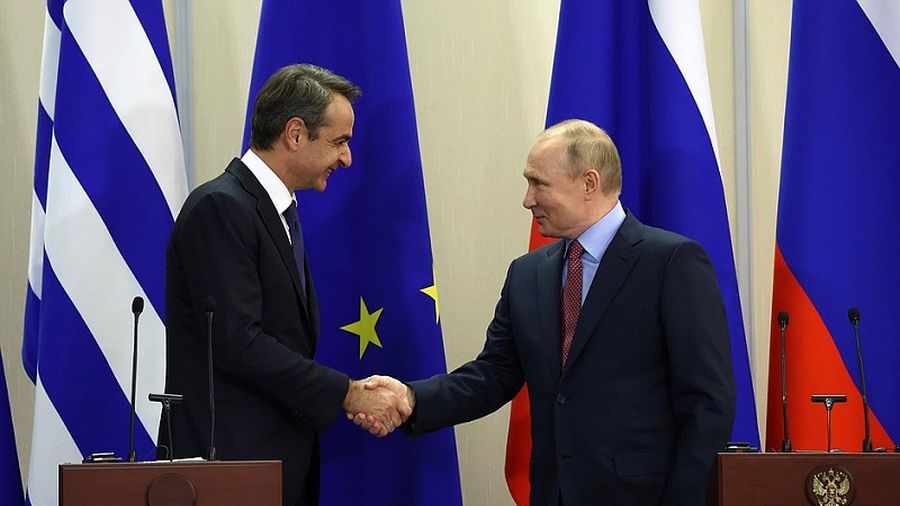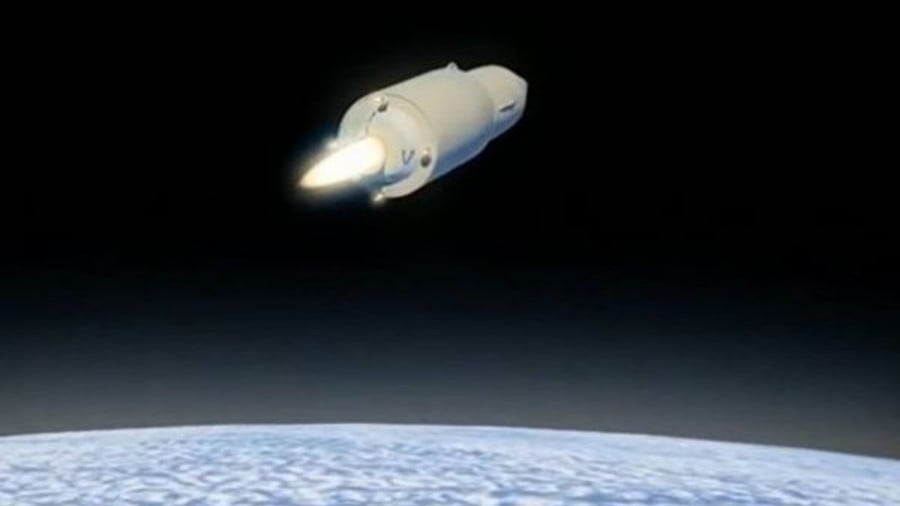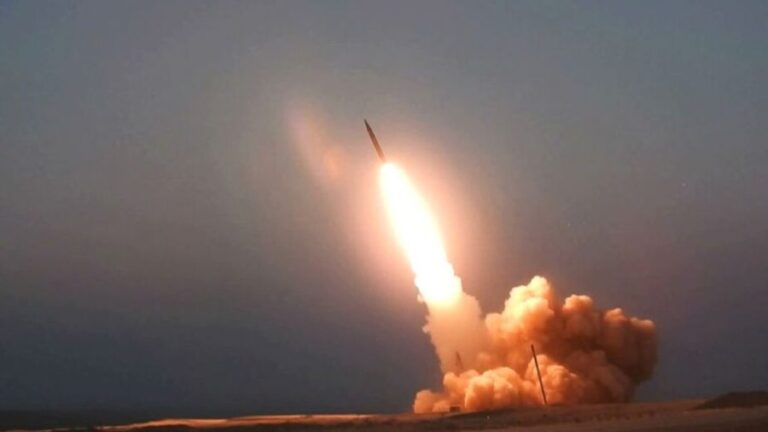The Historical Russian-Greek Partnership Persists Despite New Cold War Tensions
What can be seen from the larger context and specific substance of the latest Russian-Greek talks is that both countries still retain their historical partnership and are interested in taking it even further, but NATO poses a possible problem since its actions in Alexandroupolis endanger Russia’s regional security and the alliance presumably pressures Athens to keep Moscow at arm’s length.
Greek Prime Minister Kyriakos Mitsotakis’ trip to Sochi last week to meet with Russian President Vladimir Putin proved that their countries’ historical partnership persists despite New Cold War tensions. Several intertwined developments connected with the European dimension of this global struggle are particularly pertinent when discussing bilateral ties. These are Turkey’s increasingly independent foreign policy since the failed summer 2016 coup that Ankara suspects Washington of having a hidden hand in; the subsequent convergence of Russian-Turkish strategic interests in spite of their continued rivalry in some areas; the US’ gradual shift away from Turkey and towards Greece as its preferred partner in the Eastern Mediterranean; and Greece’s growing role in NATO’s regional strategy. All of this has complicated Russian-Greek ties, hence why last week’s meeting was so important.
Prior to their summit, Russian presidential spokesman Dmitry Peskov was interviewed by Greece’s Antenna TV channel, which was reported upon by TASS. Highlights include him explaining Russia’s concerns about Greece’s growing role in NATO’s regional strategy with respect to its port of Alexandroupolis facilitating the alliance’s unprecedented military buildup in the Black Sea region. The spokesman also defended his country’s S-400 air defense deal with Turkey by reminding the Greeks that these systems are purely defensive ones, unlike the offensive systems that NATO’s deploying all throughout the region via Alexandroupolis. Nevertheless, Peskov reaffirmed Russia’s interest in maintaining pragmatic relations with Greece, even proposing that Russian companies can build megaprojects there like they’re doing in Turkey. Crucially, the spokesman then expounded upon his views of Greek-Turkish tensions in the Aegean Sea and Eastern Mediterranean.
He began by talking about how Russia and Turkey have successfully defused bilateral tensions in the past through the hours-long discussions between their two leaders. This was likely meant to hint that Moscow hopes that Athens and Ankara can also do the same in peacefully resolving their own disputes. He reaffirmed that Russia doesn’t want to see these two neighbors clash and that it believes that mutual compromises are required in order to avert a conflict. In his words, “every solution is a two-way street, with the reciprocal wish to reach a solution.” Peskov then explained the Turkish position towards this sensitive issue, which is that Greece’s claims would harm that country’s interests and deprive it of the right to use the region’s natural resources. Peskov then concluded by saying that “We call on both sides to be calm and to be reasonable in solving the problem.” This set the context in which their leaders met.
The Putin-Mitsotakis joint press conference that followed their talks was insightful for better understanding the contemporary state of their countries’ historical partnership. They celebrated the 200th anniversary of the Russian-supported Greek Revolution against the Ottoman Empire. In connection with that, both leaders committed to strengthening economic, energy, and people-to-people ties. They also said that they exchanged views on the situations in the Balkans, Cyprus, Iran, Libya, and Ukraine. It was during their brief Q&A session with the press, however, where it became clear that NATO is a possible impediment to strengthening bilateral ties. President Putin commented that while Russia has no problem with Greece’s membership in the EU, he hopes that its role in NATO won’t “encroach on the interests” of his country.
What can be seen from the larger context and specific substance of the latest Russian-Greek talks is that both countries still retain their historical partnership and are interested in taking it even further, but NATO poses a possible problem since its actions in Alexandroupolis endanger Russia’s regional security and the alliance presumably pressures Athens to keep Moscow at arm’s length. Furthermore, some Greeks feel uncomfortable with the unprecedented closeness of Russia’s de facto strategic relations with their historical Turkish rival despite Peskov’s reassurances that they aren’t aimed against their country, especially when it comes to the sale of S-400 air defense missiles. It’s therefore clear that these two issues are the top stumbling blocks in their relationship. Neither is resolvable in any absolute sense since Greek sincerely believes that its security needs are met by strengthening its alliance with America against Turkey while Russia feels the same about its de facto strategic ties with Turkey.
In such a situation, the best outcome is for both sides to respect their differences of vision while working closely to ensure that they don’t impede the comprehensive strengthening of bilateral relations in the several spheres where they share very important interests like in the economic, energy, and people-to-people ones. Maintaining candid and trust-based dialogue with another is also pivotal in order to manage their different regional visions and prevent them from having an adverse effect on the further expansion of ties in the aforementioned spheres. With that in mind, it can be said that the latest Russian-Greek Summit was a success. Both sides held a long-overdue dialogue at the leadership level about sensitive regional issues while pragmatically expanding mutually beneficial ties. Even though their historical partnership might be changing in form, it nevertheless persists in substance.







